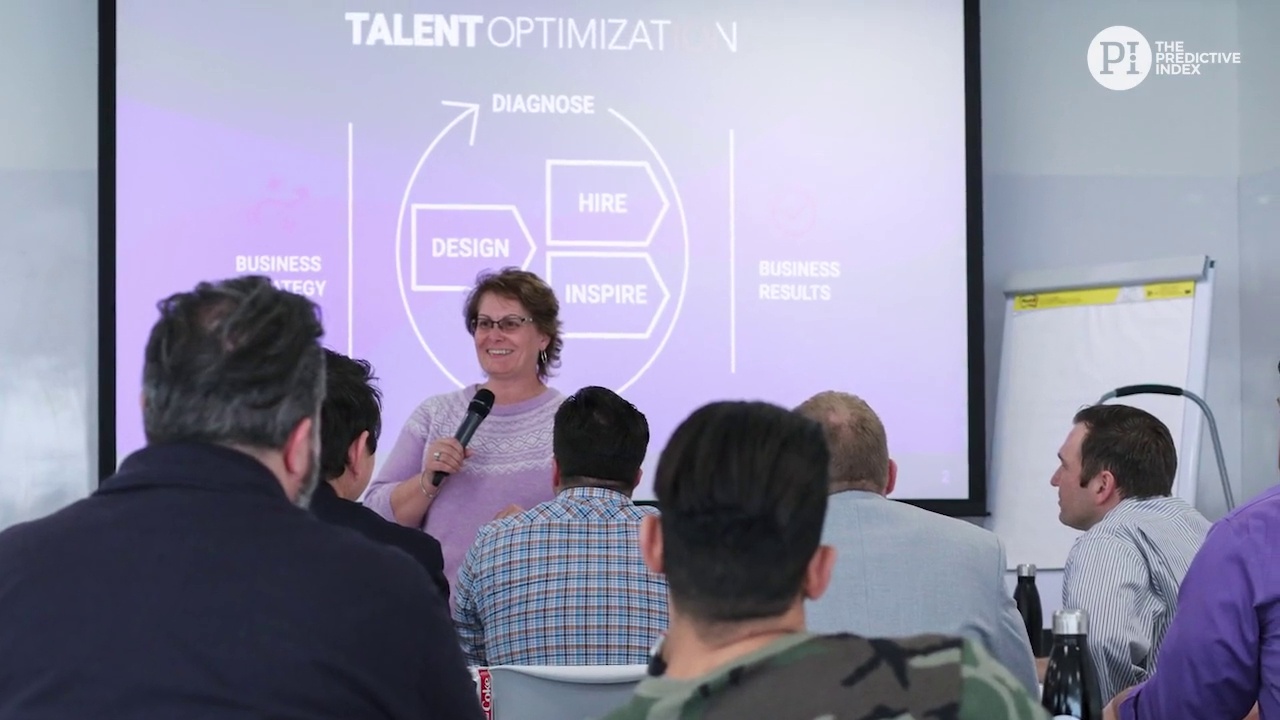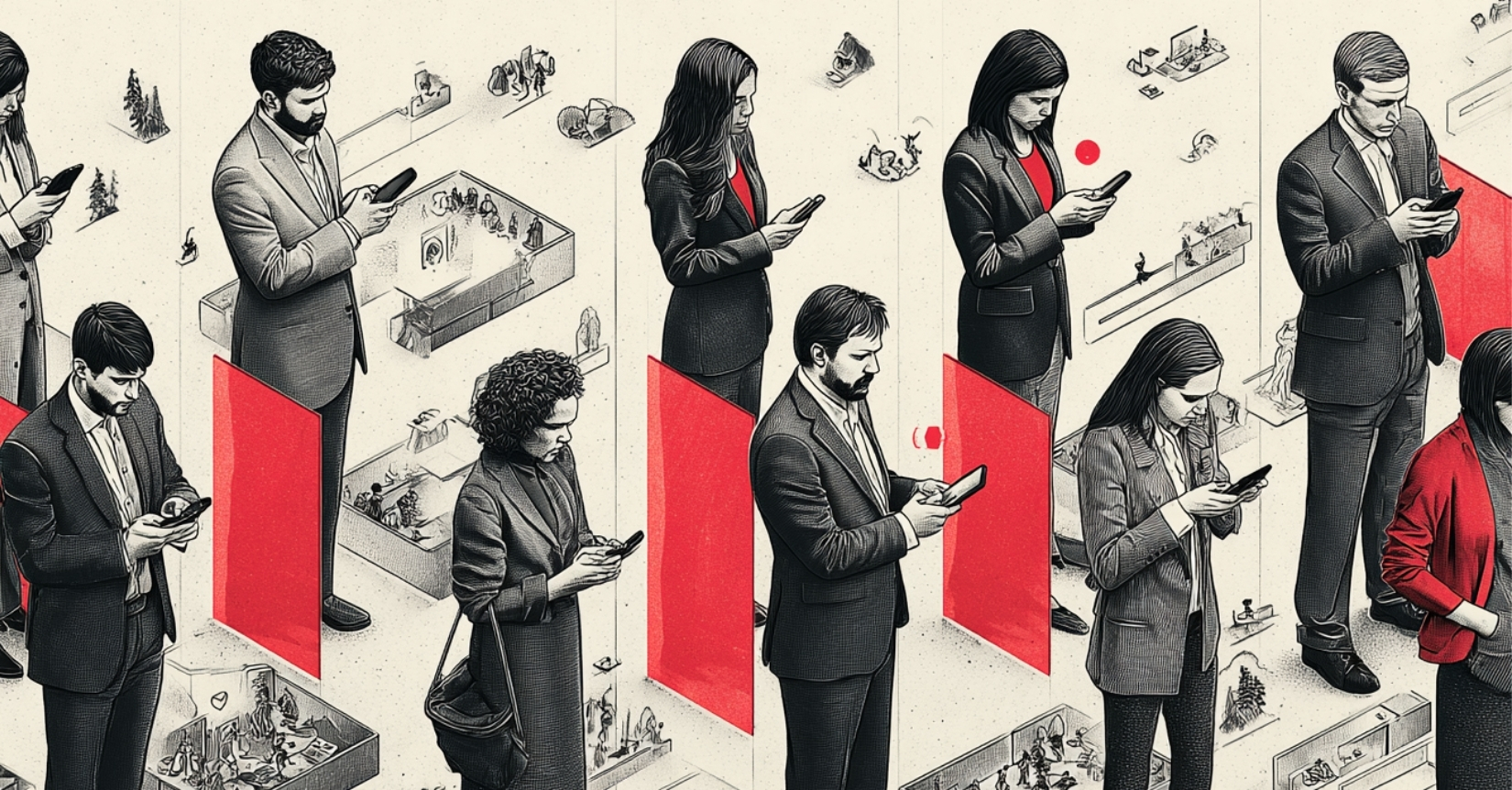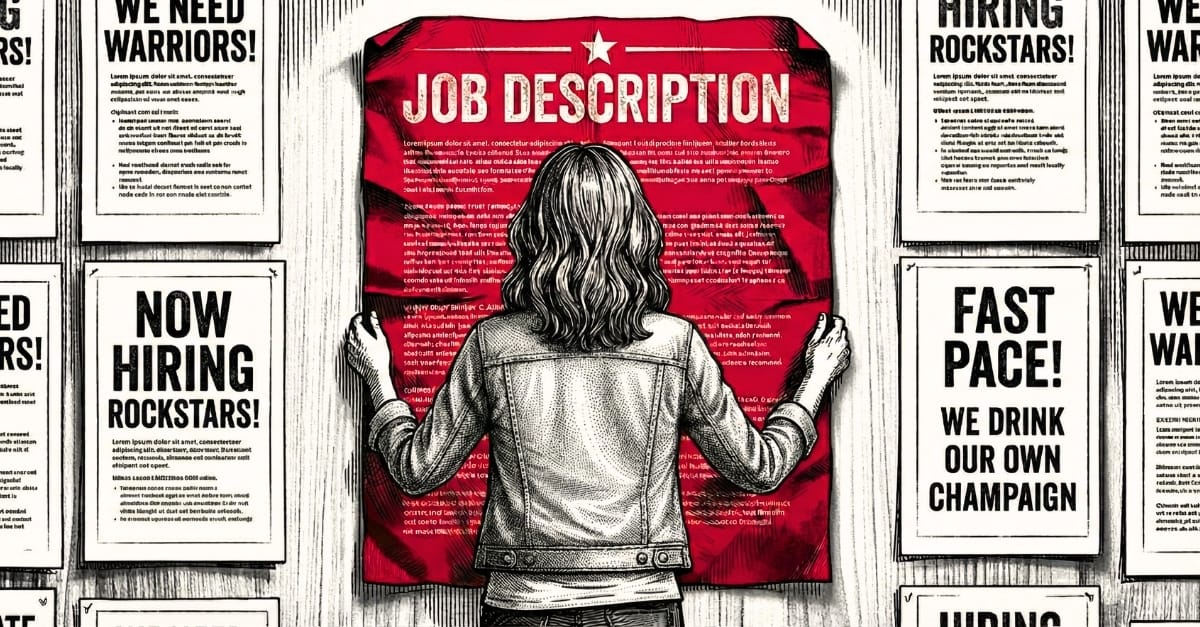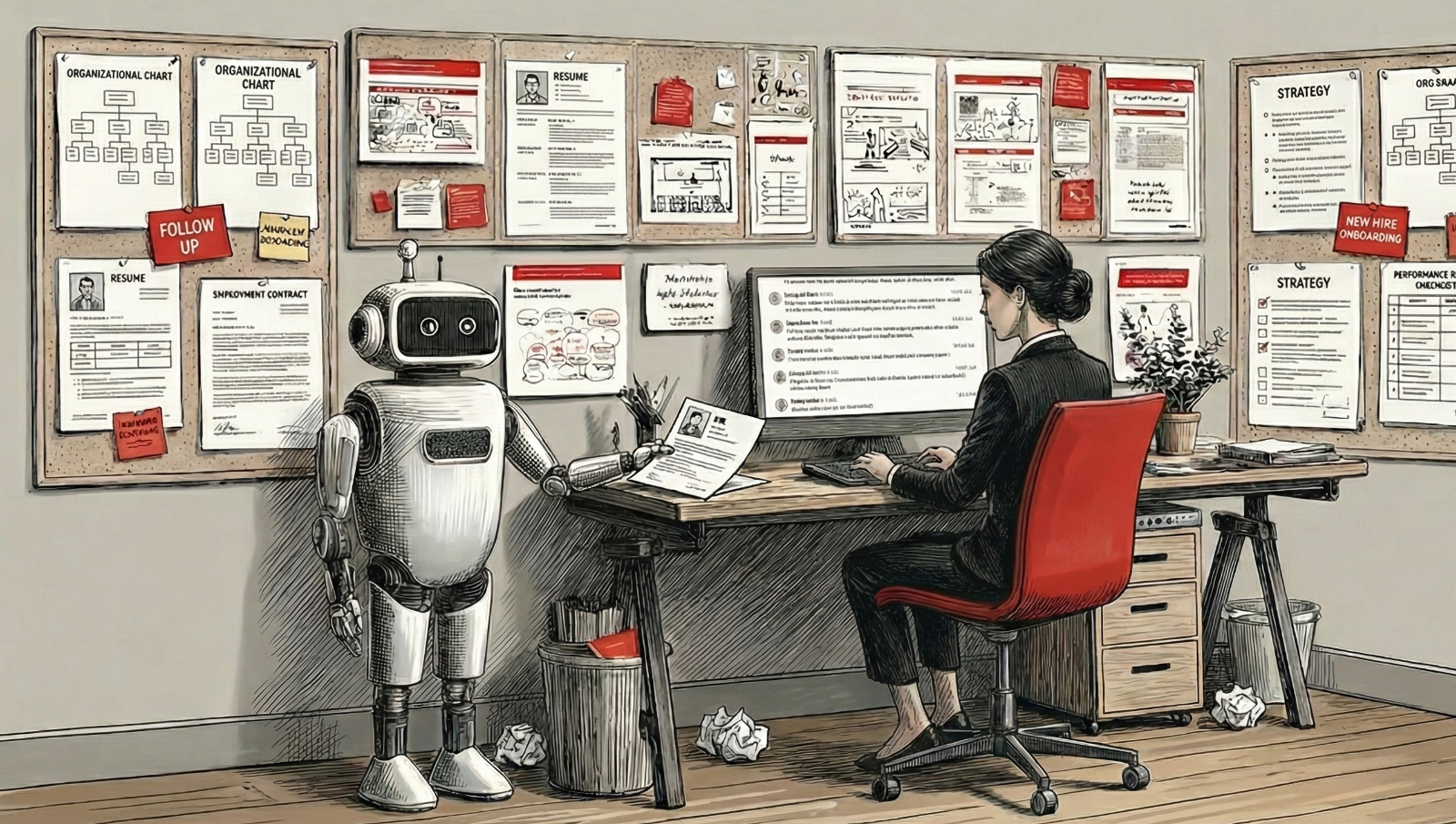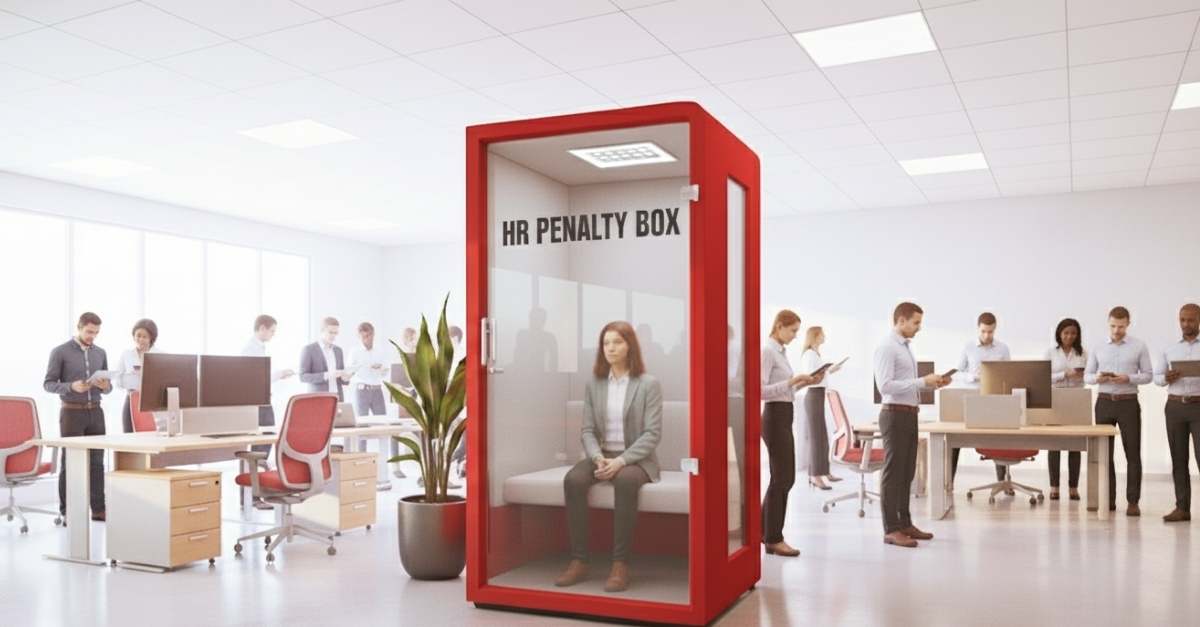Consulting’s widely considered a social sport. Success hinges on building a strong rapport with clients, working to understand their needs, and providing valuable recommendations. It’s a delicate balance of listening, mentoring, and networking.
Yet, often the most critical part of consulting is overlooked. And that’s your mindset.
When you’re at the top of your inner game, that positivity manifests into confidence. You’re a consultant for a reason: You’re an expert in your field, and you want to share that knowledge with others. The more you feel the part, the more you’ll look and act the part too.
Looking to take your consulting game up a notch? Here are five mindfulness tips to build a healthy mindset—and bring out your very best:
1. Find the right work setup.
Two years into the pandemic, many people still struggle to work in a way that’s healthy and sustainable. Telecommuting is becoming a long-term play, with 51% of companies offering permanent remote or hybrid work. Yet, this evolution doesn’t happen without growing pains.
For many, working remotely will always mean contending with kids, pets, and limited physical space. So, it’s especially critical to have a workspace that helps you, rather than hinders you. This can be as simple as investing in a new desk, chair, or monitor. Or, it might mean renting a coworking space—whether just for you or for a team.
It’s important to understand your own work needs. Who do I want to collaborate with? What technology will I need? Do I value some background noise, or pure silence? Be honest with your answers, then work to create a space that meets those needs.

2. Reorganize your calendar.
In such a client-driven business, your calendar is your work life. Manage it with care, and it’ll give you the freedom to work in a way that’s flexible and fulfilling. Let that calendar manage you, however, and it can box you into a corner—and make working a drag.
Whatever the state of your calendar, set aside a morning or afternoon to audit your existing meetings. Which times are set in stone for clients, and which are movable? Are any meetings redundant? Could you provide the same value (or more) over other communication channels?
Reorganize this calendar in a way that lets you be your most productive self. If you’d like to dedicate certain days for client calls, pick those days and stick to them. If you’d prefer to spread out meetings so they aren’t all back to back, give yourself that space.
Simply put, protect your calendar. Make it a best practice to block off any time that’s sacred for you—be it time for heads-down work, or simply to spend with family and friends. A healthy calendar makes for a healthier you.
3. Set boundaries for the workday.
Just as you’ll want to set boundaries with your calendar, it’s important to protect your ideal work-life balance.
When catering to various clients, it’s easy to let your working hours start sooner and stretch longer. However, this isn’t a sustainable way to work—despite good intentions, burning the candle at both ends for your clients will ultimately detract from their experience, not enhance it.
Instead, hold yourself to a realistic workload. Strive to log on and off at the same time each day. If you find yourself routinely working outside the boundaries you’ve set for yourself, it may be a sign to raise your rates, reduce your book of business, or both.
If remote work is blurring the line between work and home, consider setting a boundary for yourself—literally. Walk around the block to simulate a commute at the beginning and end of each day. The easier it is to detach from work, the more refreshed you’ll be at the start of a new day.
4. Reach out to your network.
Consulting will always involve some degree of stress. Client issues arise, and you may need to hop into overdrive to keep a project on track. The key, then, is to make stress manageable, and reduce it whenever possible.
Your network is invaluable in times of strife. Never be afraid to reach out to a fellow peer or former client to ask for advice. Starting the conversation can be as simple as asking to swap remote work tips, or inquiring about a new business consulting software tool.
By establishing that line of communication, you build a connection that can help you overcome challenges, big or small. In the best case scenario, you may even stumble upon new business.

5. Lean into your strengths.
Ultimately, a strong consultant mindset comes from within. No matter how impressive your consulting skills, you’re doing your clients a disservice if you’re not 100% in sync with yourself.
Getting there starts with awareness. By understanding your own strengths as a person (how you best communicate, lead discussions, etc.), you can lean into those superpowers. In doing so, you’ll steer clear of any caution areas—or, better yet, improve on them day by day.
Decades ago, “knowing yourself” was a particularly daunting concept. But science and technology have lowered the barrier to entry immensely. Today, understanding your natural behavioral traits and gaps has become more accessible than ever.
With a platform like The Predictive Index, you can equip yourself—and your clients—with 60-plus years of behavioral insights. Use PI to help clients hire the right people, build and lead high-performing teams, and level up the employee experience.
Learn how consultants are using PI to provide value for their clients:
